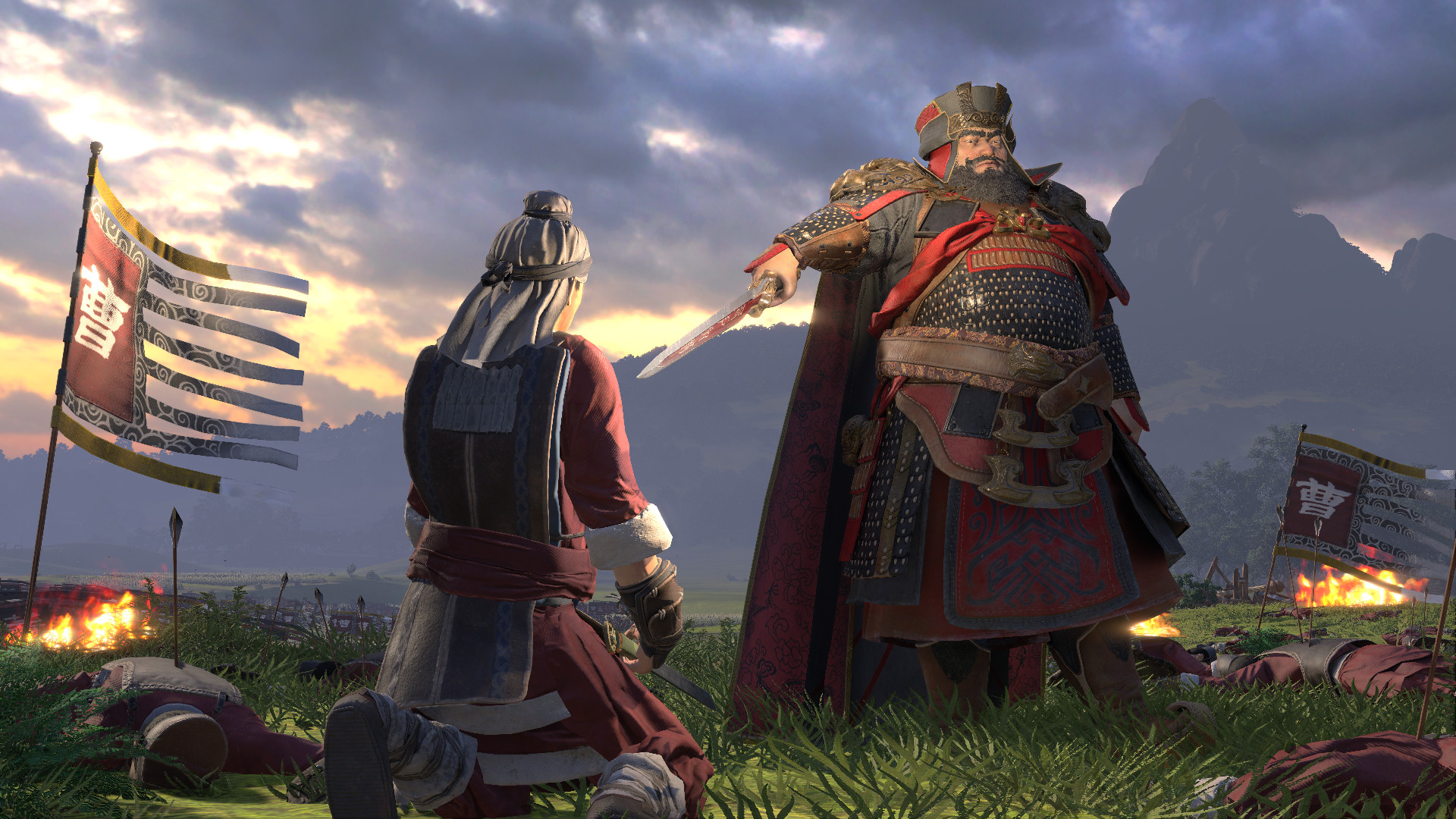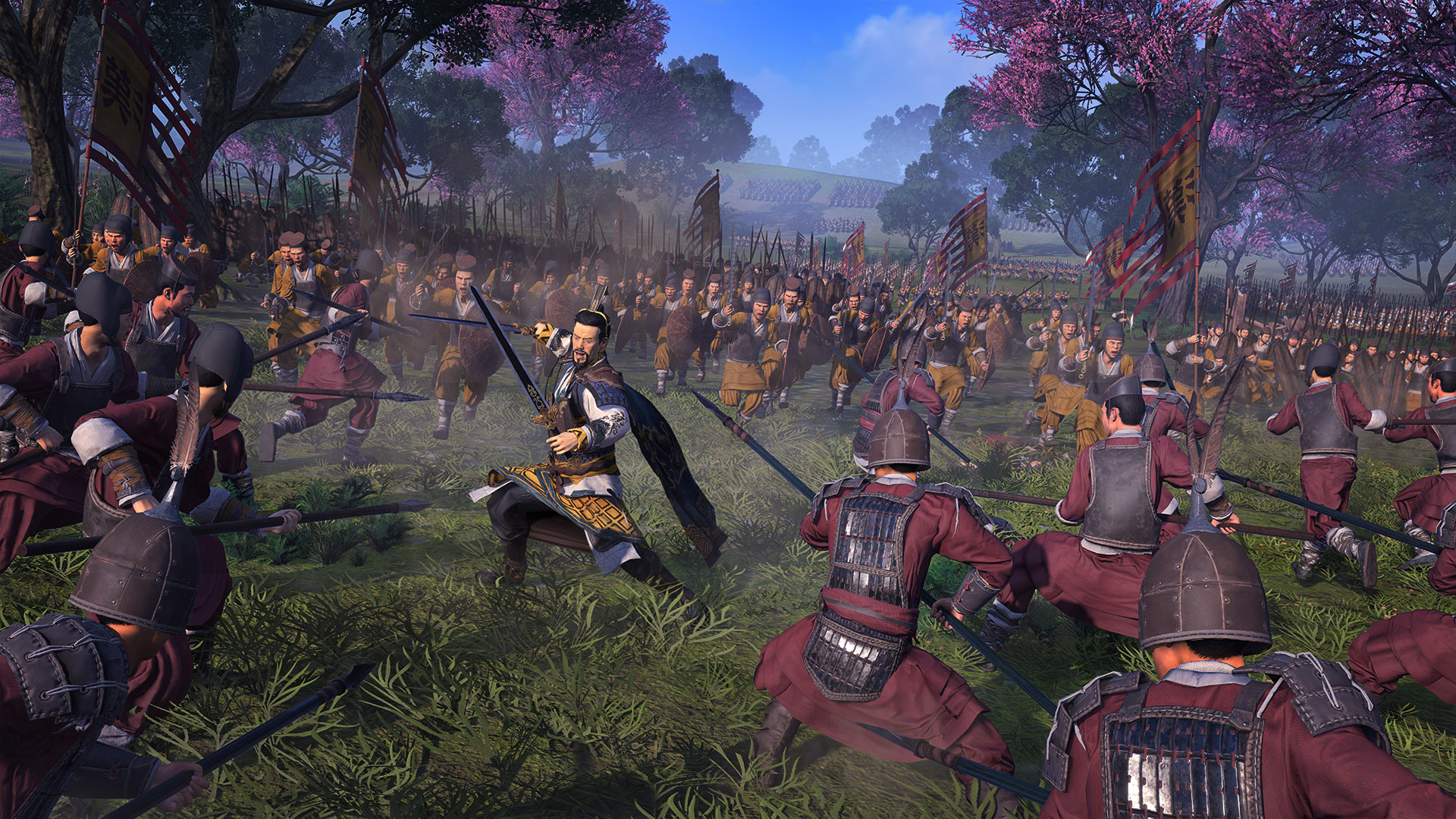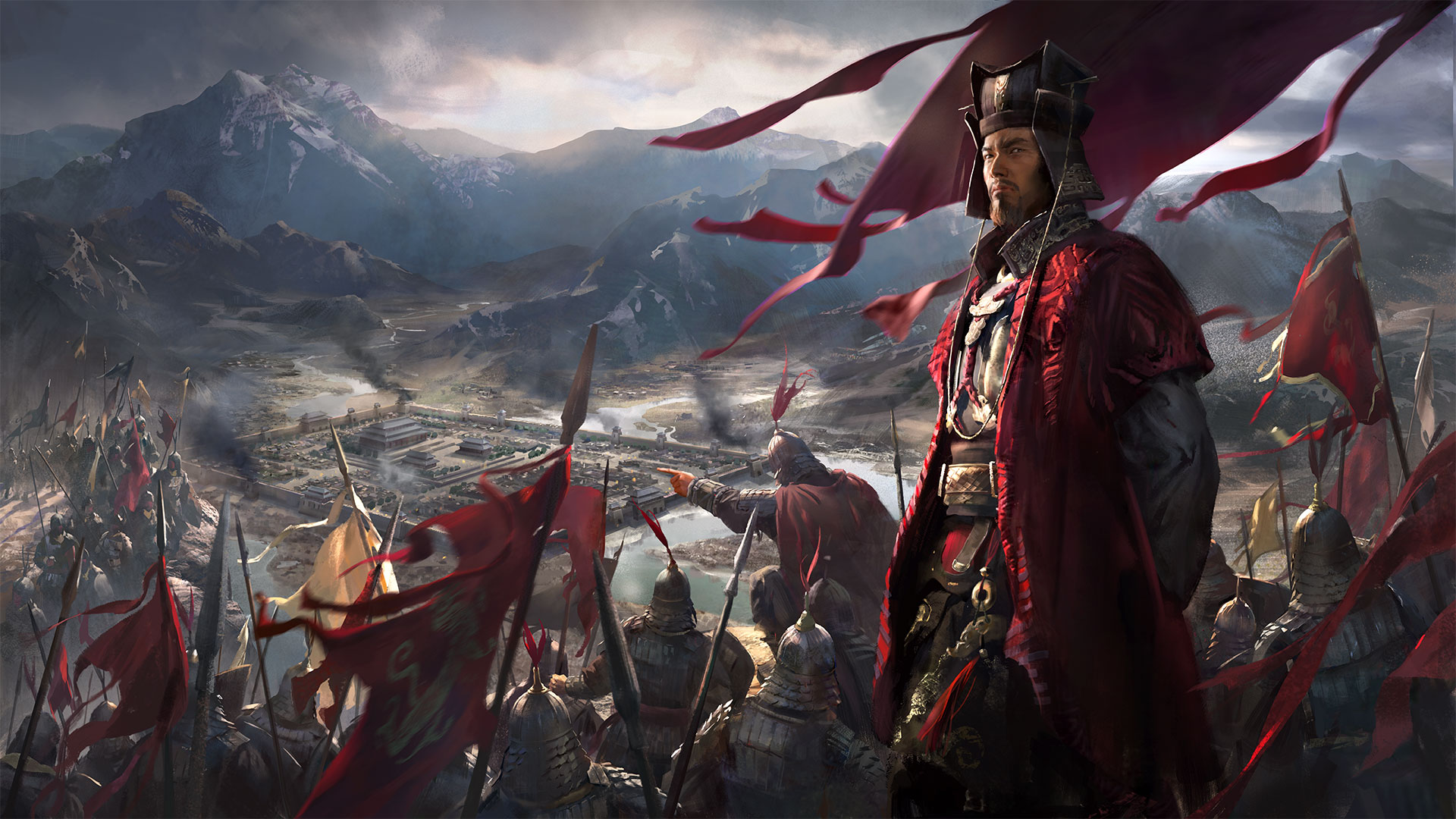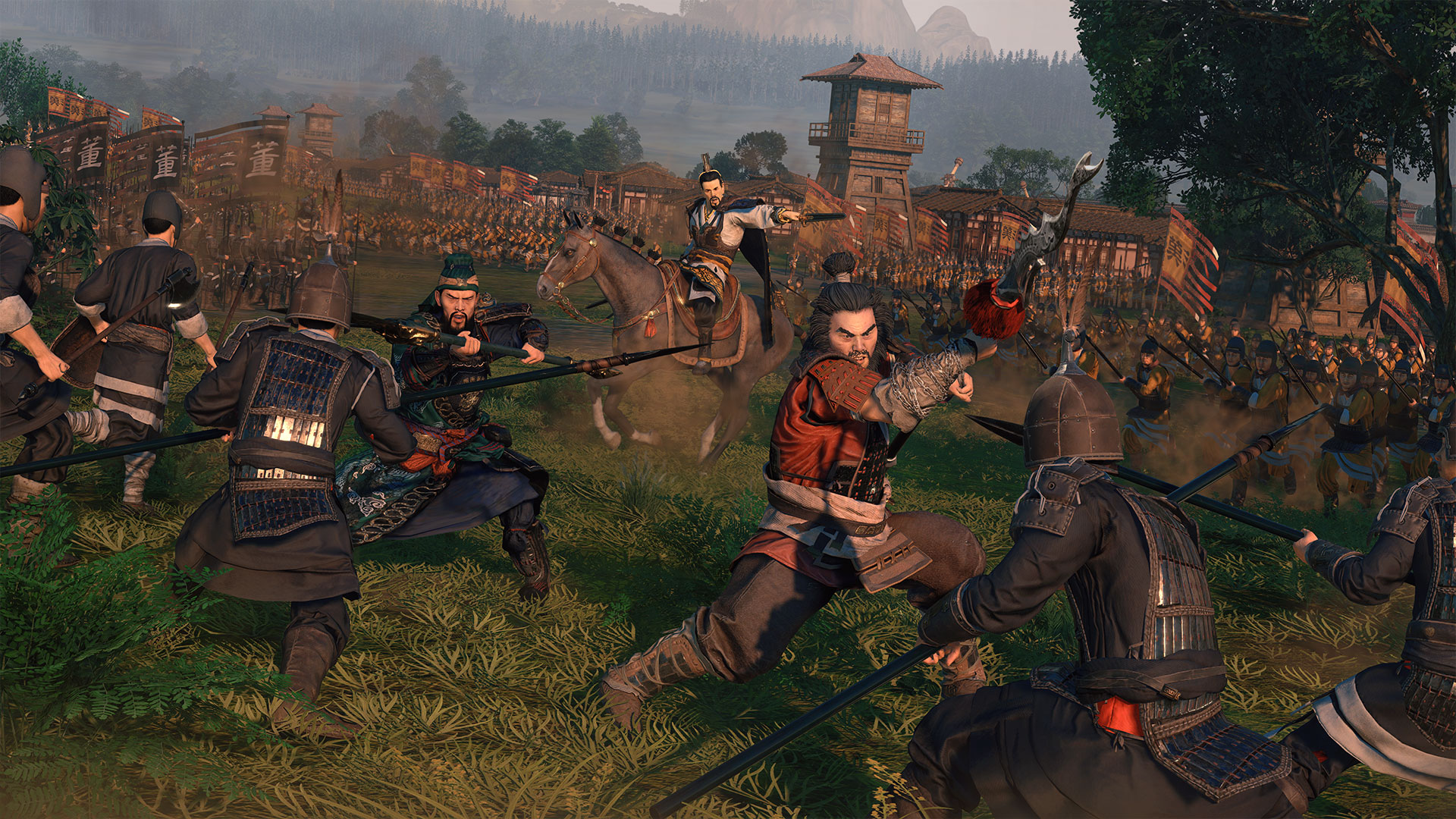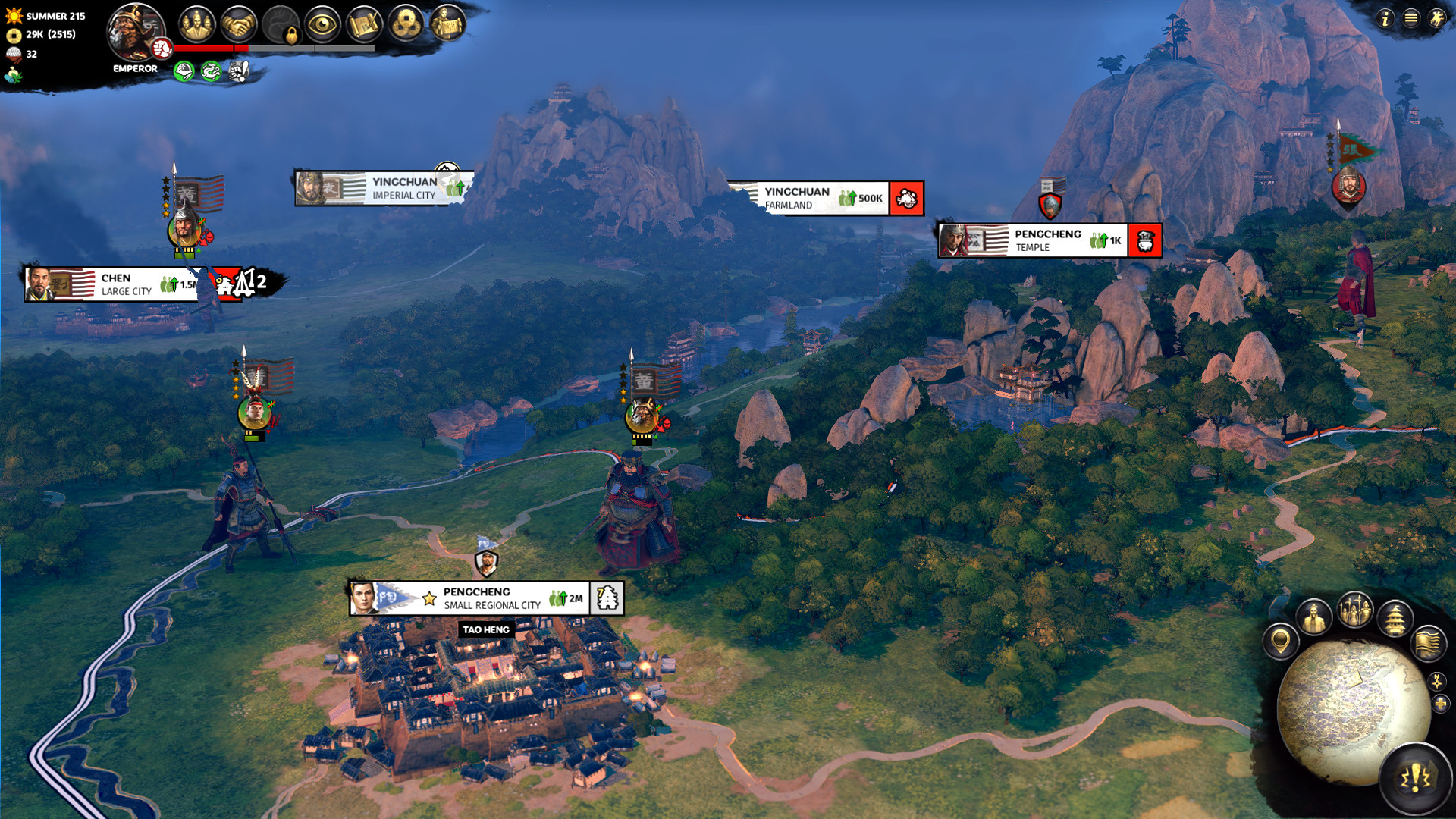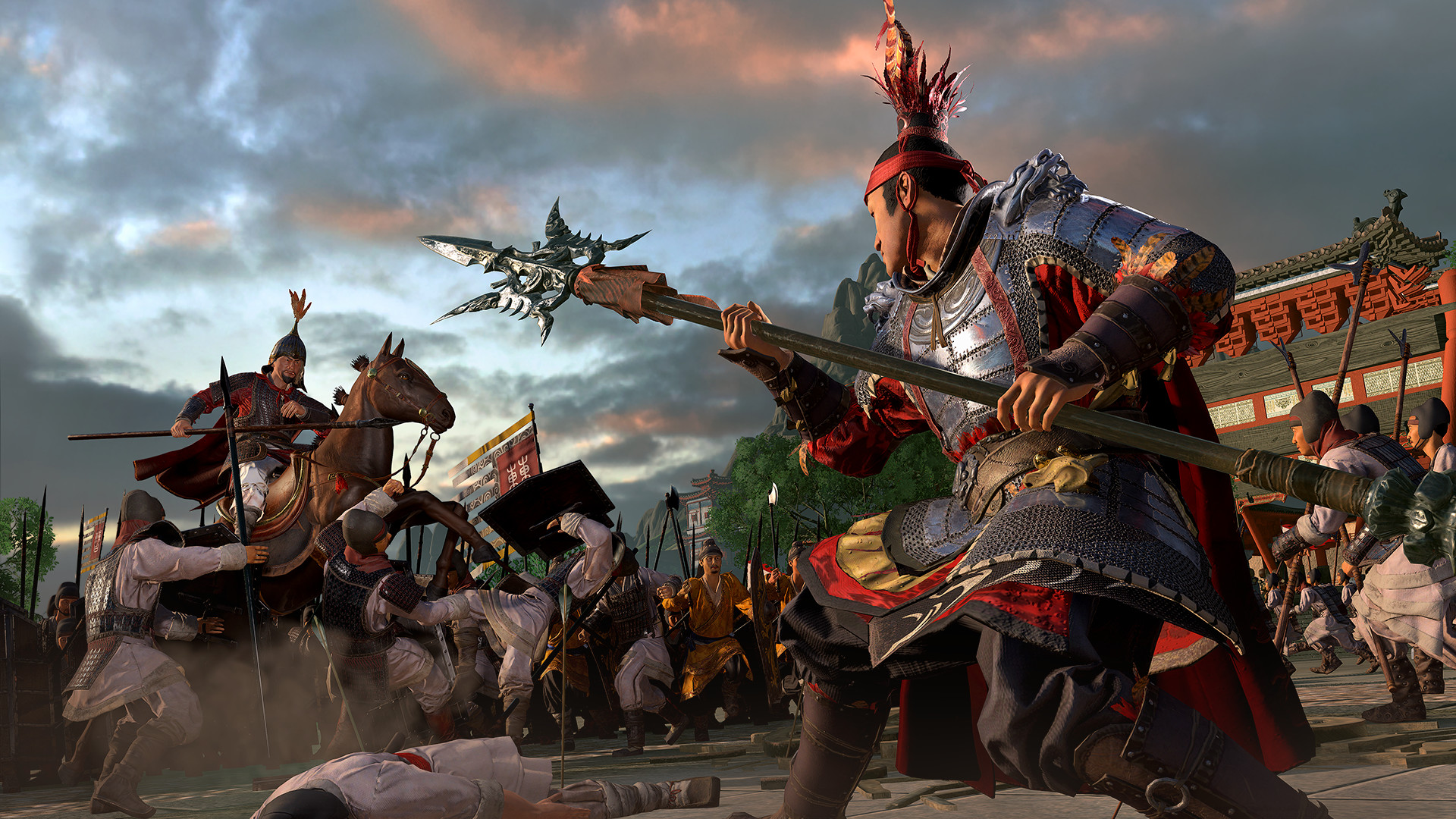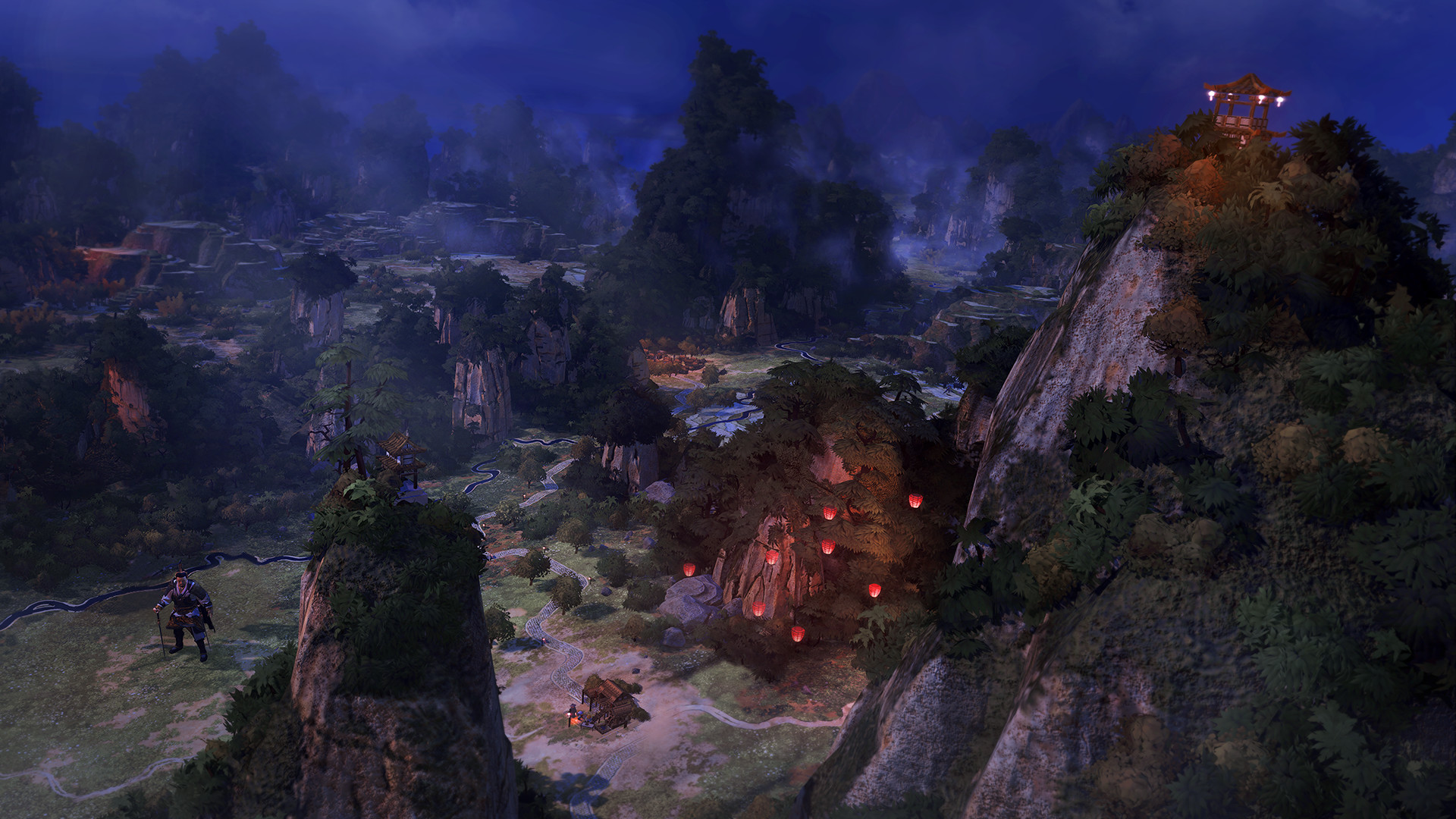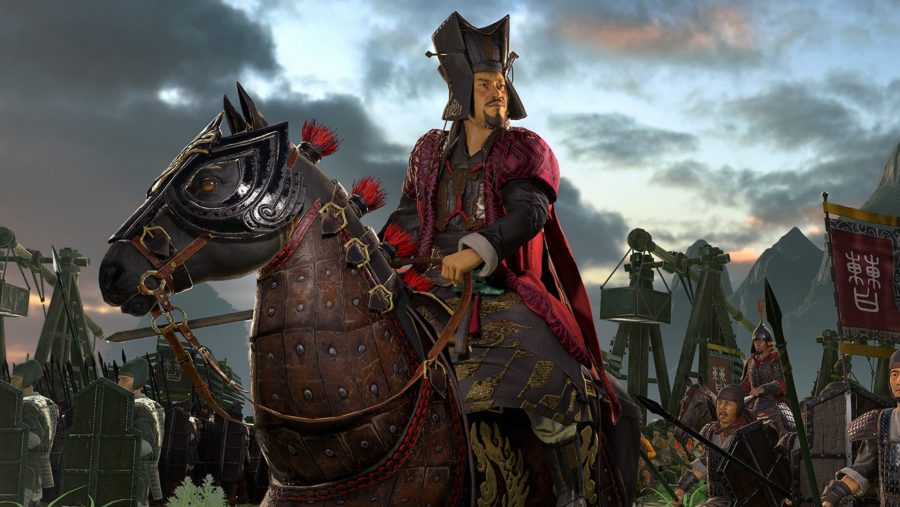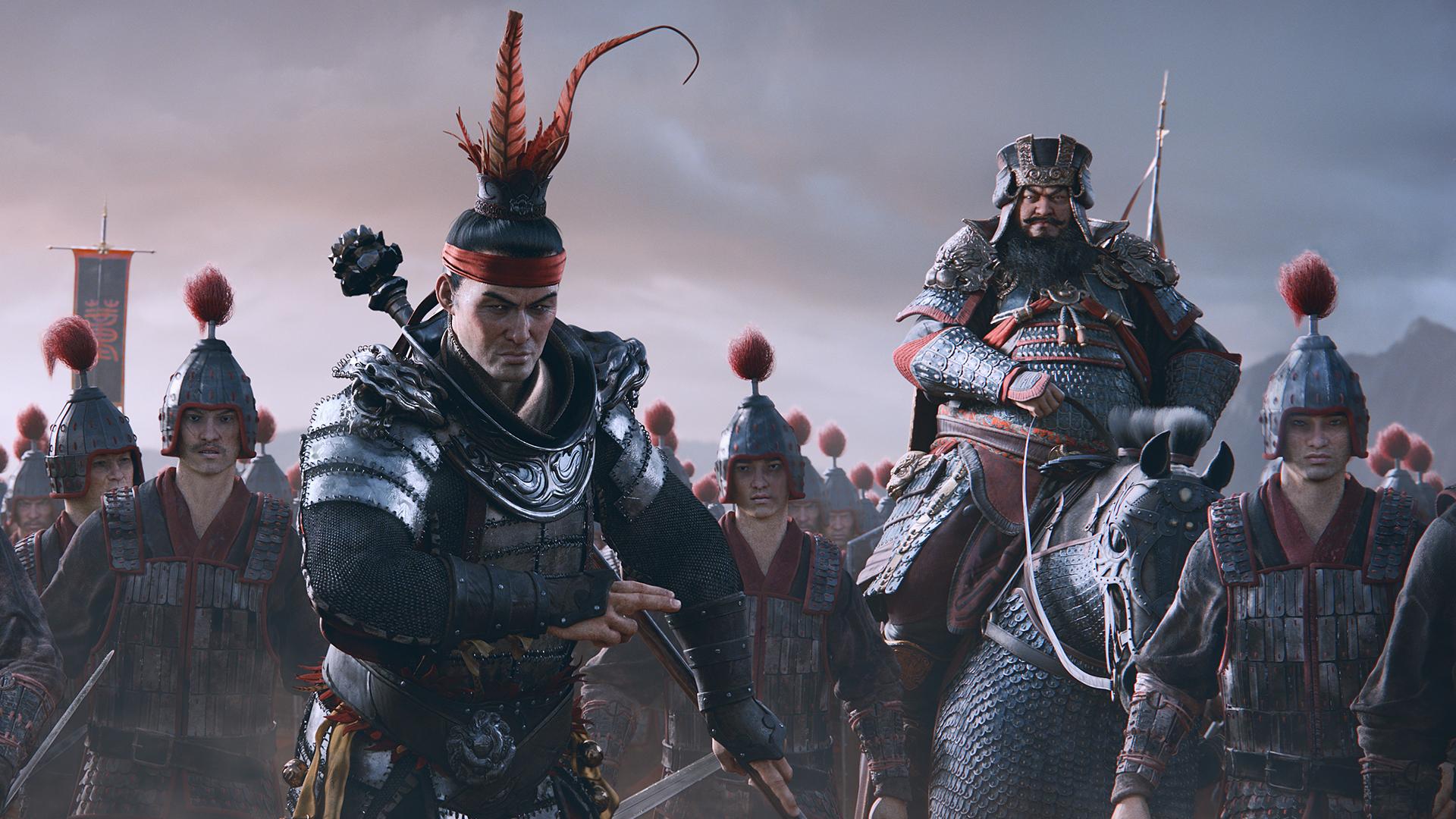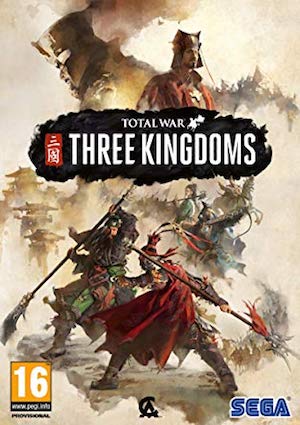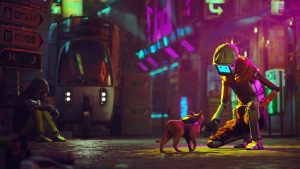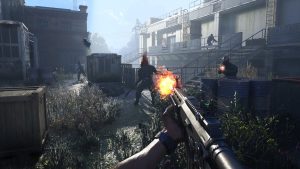
Creative Assembly’s Total War has been around for a long time, and it has, more or less, been pretty inconsistent. The new upcoming instalment in the strategy series, Three Kingdoms, is looking to shake things up quite a bit, and is looking like one of the more interesting games to come out of the franchise in a while. In this feature, as we prepare for its upcoming release, we’ll be taking a look at fifteen things you need to know about Total War: Three Kingdoms.
SETTING
Total War: Three Kingdoms takes us to another new location, taking place during the era of the three kingdoms historical conflict of Chinese history, during the first two centuries.
STORY
Total War: Three Kingdoms begins in 190 AD, at which time the warlord Dong Zhuo rules and sows chaos, while he uses the child emperor, Emperor Xian, as his puppet. Two leaders – Cao Cao and Yuan Shao – form an alliance to join their forces and fight back against Zhuo’s rule to take him down.
CHARACTER-FOCUSED
Throughout the development on Total War: Three Kingdoms, developers Creative Assembly have focused on something that the series hasn’t really focused on in the past, with the characters, their interactions, and their relationships being the cornerstone of the gameplay experience. This has been done to mimic the nature of the Three Kingdoms epics that the game takes cues from, and will factor into the gameplay in several ways.
ROMANCE MODE
Total War: Three Kingdoms also features two unique modes- “Romance” and “Records”. “Romance” mode is based on the novel Romance of the Three Kingdoms, and is less rooted in history, with characters being gifted with supernatural powers. This mode also sees some other changes- for instance, generals can be commanded separately, and have supernatural powers and abilities.
ROMANCE MODE
The other mode, Records, will be closer to the more classic Total War experience. “Records” mode is based on Records of the Three Kingdoms, focusing less on fantastical elements, and being more grounded and a closer representation of historically accurate events. Records mode won’t let you command your general separately, while they also won’t have supernatural abilities and powers.
GUANXI SYSTEM
One of the major new mechanics being introduced to the series with Three Kingdoms is the Guanxi System, which determines unique personalities and traits for each character in the game. This allows all characters in the game to have unique social connections, relationships, and interactions with each other. Based on things valued by a character, such as “trust” or “obligations”, interactions with them affect their happiness ratings, which in turn determine their disposition towards other characters.
HEROES’ BEHAVIOUR
The Guanxi System can lead to various repurcussions in actual gameplay, as we’ve already discussed- for instance, it can have an actual impact on how the Hero characters (we’ll get to them in a bit) behave in battle. Two heroes might bond over the course of several battles, but if one of them goes on to die, the other might be affected negatively by the loss, leading to a change in behaviour on the battlefield that might act to the detriment of their respective army.
DIPLOMACY
Diplomacy is seeing a huge shake-up in Total War: Three Kingdoms. This, too, will be affected by the Guanxi System, to the extent where diplomacy won’t essentially boil down to sending spies and soldiers to kill important figures. The personal relationships and dynamics between the leaders of two separate factions will have a huge role to play as well, and will add another layer to how diplomacy is conducted in the game.
HEROES
Total War: Three Kingdoms also sees the return of hero units, of course, who have specialized abilities and equipment and armour. Heroes can also boost stats and provide production bonuses. For instance, two separate factions can form a coalition to work toward a common goal without having to formally form an alliance. Characters in Total War: Three Kingdoms can also now perform all actions, with their no longer being units dedicated specifically to certain actions.
ELEMENTS
Hero characters will have some more interesting mechanics attached to them as well. For instance, each hero character will also be aligned to one of five elements- water, wood, fire, earth, and metal. These elemental alignments can be used to work with or against one another, and will be another thing to keep in mind during battles.
FACTIONS
Total War: Three Kingdoms also puts a new spin on the factions mechanic as well. Instead of choosing a faction to play as, you will now select one of eleven main characters. Playing as the selected character, players then recruit heroes to their cause to grow their armies. These eleven characters are: Cao Cao, Sun Jian, Liu Bei, Ma Teng, Lio Biao, Zhang Yan, Yuan Shao, Zheng Jiang, Kong Rong, Yuan Shu, and Gongsun Zan.
TWELFTH FACTION
While the characters we just spoke of are the eleven main characters – or factions – that we start out with, you do eventually gain access to a twelfth one as well. That’s Dong Zhuo who is also a playable character, and is unlocked after defeating his armies, or after reaching the Emperor rank.
DLC FACTIONS
In addition to these twelve total factions, Total War: Three Kingdoms will eventually see the addition of three more over time, by way of post-launch DLC packs. These three are Gong Du, He Yi, and Huang Shao, added with the Yellow Turban Rebellion Warlord Pack.
CLASSES
Each of the main characters in Three Kingdoms will also belong to certain classes, each of which, as you can imagine, will present unique benefits and advantages. Classes can range from Strategist (which allows for debuffs from greater range), Commanders (who can effectively buff nearby troops), and Guardians (who are tank units that can take a lot of damage).
SYSTEM REQUIREMENTS
Total War: Three Kingdom, as you’d expect from a Total War game, won’t be too demanding, as far as system requirements go. Minimum settings need you to have a 6 GB RAM, an Intel UHD Graphics 620 graphics card, and an i7-8550U 1.80GHz processor. Meanwhile, recommended requirements include an 8 GB RAM, a GTX 970 or an R9 Fury X 4GB VRAM, and an Intel i5-6600 or a Ryzen 5 2600X.










